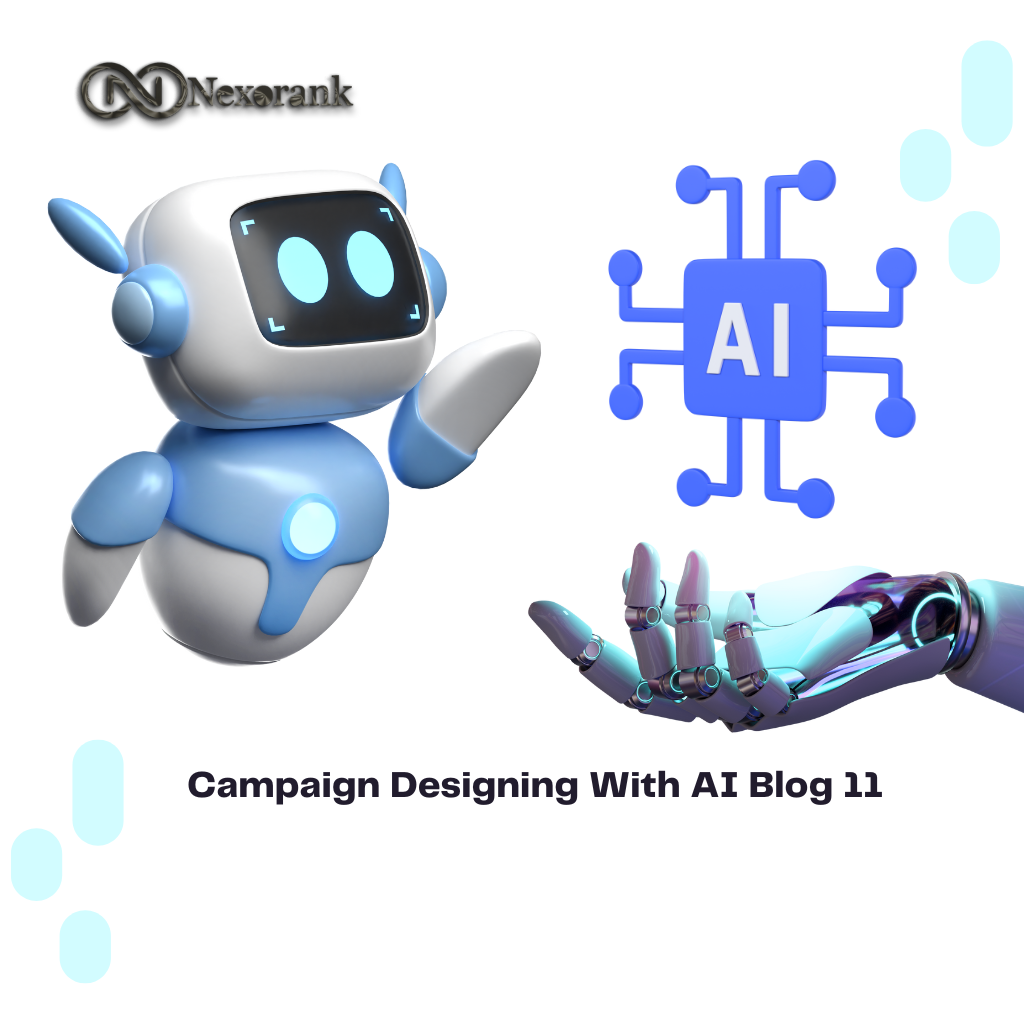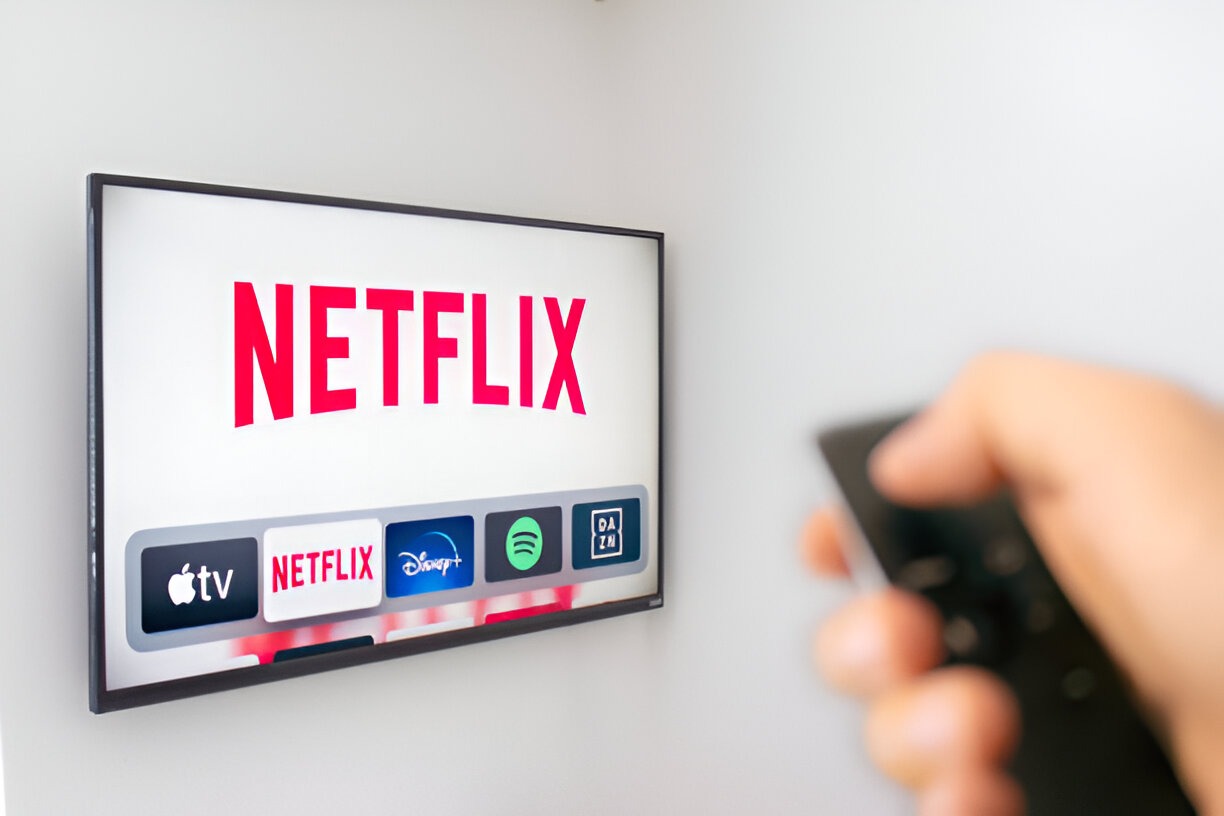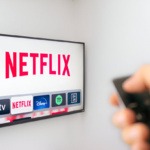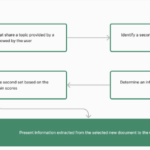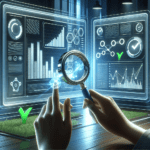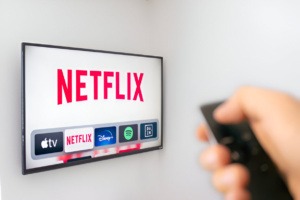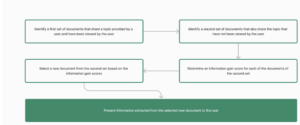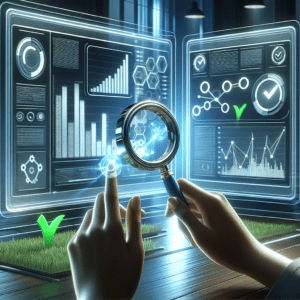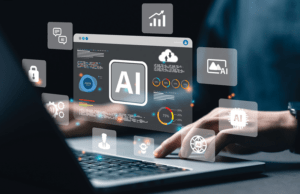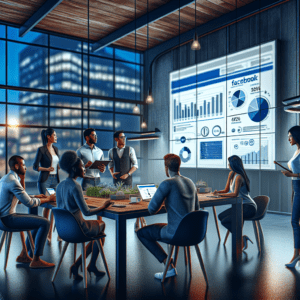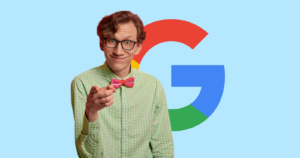For far too long, marketing campaigns have been designed through guesswork and manual labor. But the age of AI is transforming campaign creation from start to finish. Now, marketers can tap into artificial intelligence to take their campaign concepts to the next level Campaign Designing.
Today we are going to explore how AI can power your campaign design process – from generating ideas to performance tracking. By infusing artificial intelligence throughout, you can turn simple concepts into highly effective campaigns that engage audiences and deliver phenomenal results.
AI-Driven Campaign Ideation: Revolutionizing Marketing Creativity
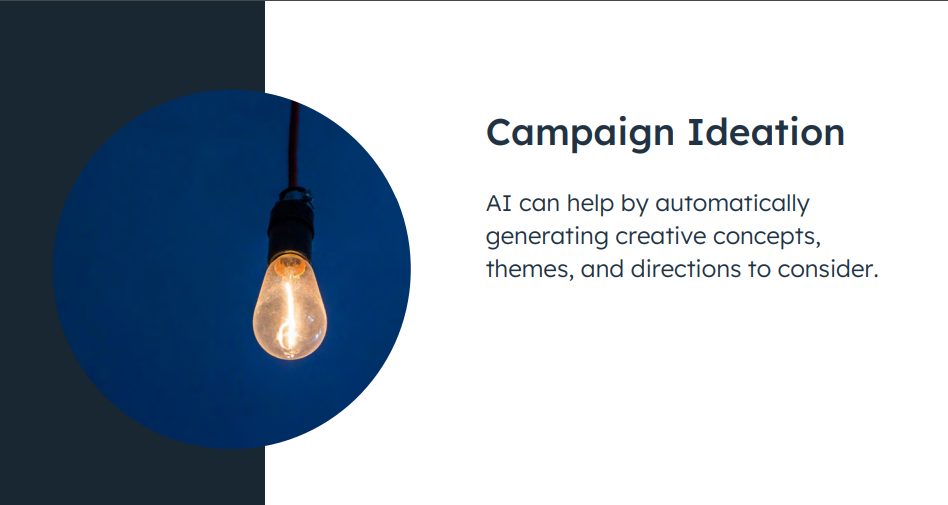
Meagan Keaney Anderson, VP marketing, Jasper.ai: One of my favorite uses of AI is the way that it’s changing campaign planning and development. It used to be that we would spend so much time on the assets when we had to run a campaign. Let’s say it’s a product launch campaign. You would spend weeks, months building out all of the landing pages and website pages and emails and social content and thought leadership articles that you needed to get this message out, and in fact it would spend so much time that would be disproportionate to the amount of time that you spent in the actual research on that positioning or message to begin with. What’s changing with AI today is it’s bringing that time investment on the production down. And so you can reinvest that time back into the start of a campaign, the idea to begin with, your strategy doc. So what we do internally is, we pour a ton of time into our research for a given campaign. We put a ton of time into the actual source material, strategy doc, and then we let AI spin up the first draft of the full end-to-end campaign. That shift in where we invest our time means that our campaign is better routed, that it’s more on-message across all of the different permutations of it, and that we have built it in a more aligned way across our teams. That to me, is a better way for running a campaign and a really positive outcome of AI.
Coming up with fresh, innovative ideas is crucial, yet often difficult. AI can help. One of the most powerful applications of AI is for campaign ideation.
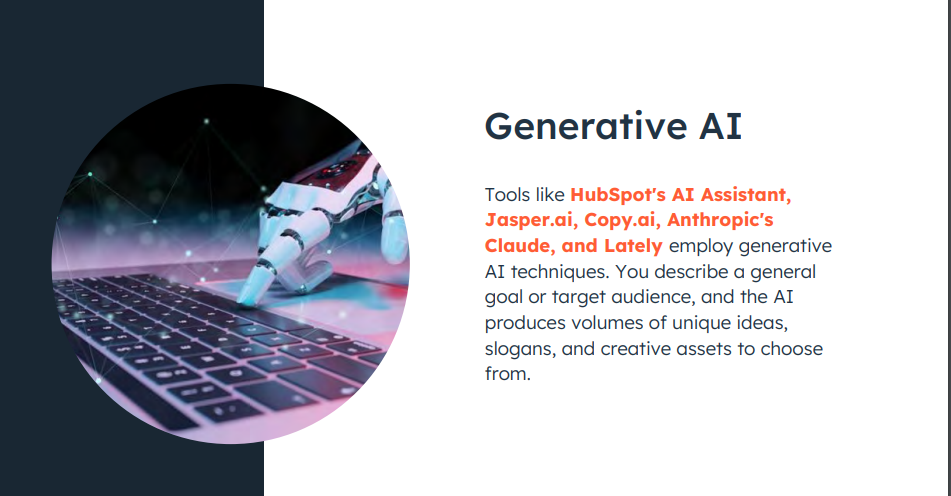
Tools like HubSpot’s AI Assistant, Jasper.ai, Copy.ai, Anthropic’s Claude, and Lately employ generative AI techniques to suggest creative concepts, themes, and directions to consider. You describe a general goal or target audience, and the AI produces volumes of unique ideas, slogans, and creative assets to choose from.
Platforms like Google Ads Creative Studio and WellSaid Labs analyze data on high-performing ads and campaigns. The AI identifies patterns driving engagement and uses those insights to craft new, optimized ad copy and creatives.
Enhancing Campaign Strategies with AI Insights
The key is using AI to rapidly expand your consideration set. By synthesizing possibilities faster than any human, these AI ideation tools provide abundant starting points. Instead of struggling to brainstorm from scratch, have advanced systems generate ideas. You get a strong head start on creative directions worth developing into winning campaigns.
During the strategy development phase, AI can provide valuable insights that can help refine your campaign strategies. Marketers must analyze customer data, understand audience behaviors and expectations, and determine the most effective messaging and channels. There’s a lot of information to synthesize from various data sources such as web analytics, customer profiles, sales records, and more. The sheer scale of data often makes it challenging to manually process and uncover meaningful correlations. In contrast, AI algorithms can quickly and efficiently analyze vast amounts of data, revealing valuable insights that would be time-consuming or even impossible for humans to discover alone.
Let’s review some of the ways AI can inform your campaign strategies.
Consumer Insights and Analytics
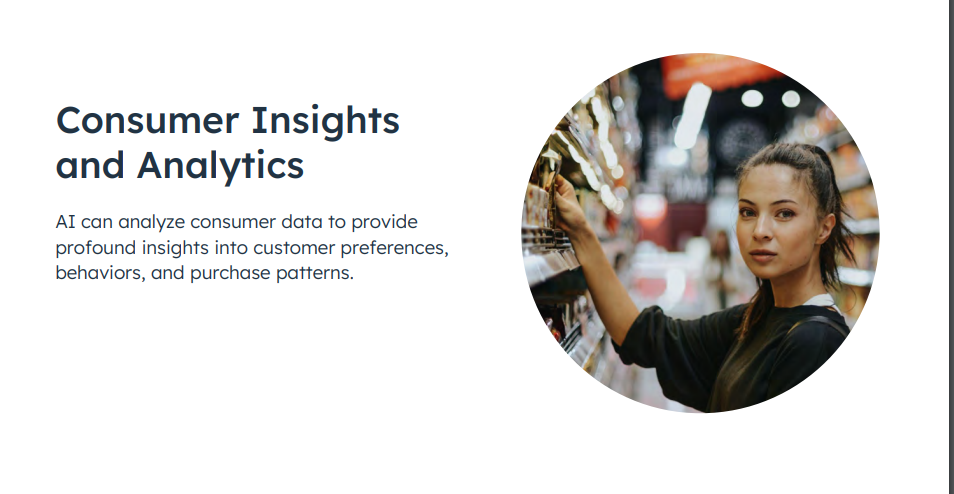
AI can analyze consumer data to provide profound insights into customer preferences, behaviors, and purchase patterns. For instance, AI can process social media data to understand trending topics, sentiment analysis, and consumer attitudes towards a brand or product. These insights can guide the development of a campaign strategy that resonates with your target audience.
Persona Analysis
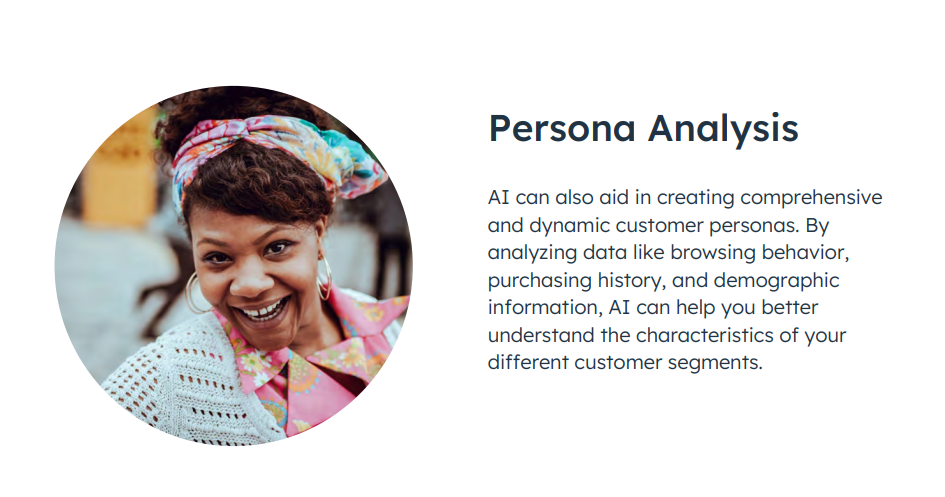
AI can also aid in creating comprehensive and dynamic customer personas. By analyzing data like browsing behavior, purchasing history, and demographic information, AI can help you better understand the characteristics of your different customer segments. These AI-created personas can be used to target marketing messages effectively and design campaigns that resonate with each persona.
Predictive Modeling and Trends Analysis
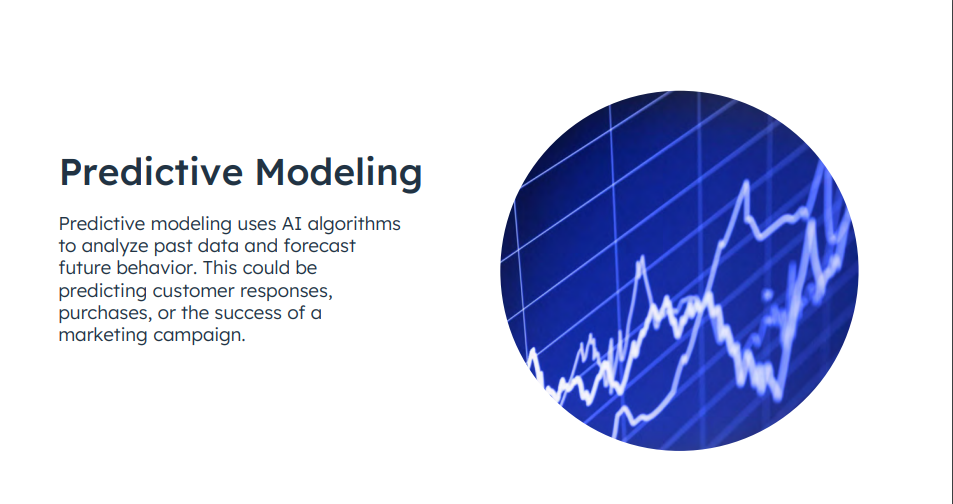
Predictive modeling uses AI algorithms to analyze past data and forecast future behavior. This could be predicting customer responses, purchases, or the success of a marketing campaign.
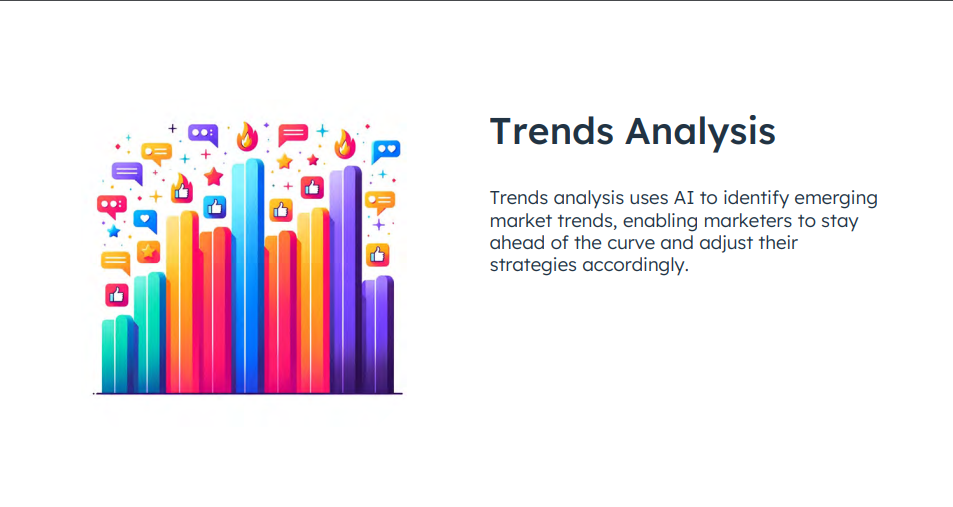
Trends analysis, on the other hand, uses AI to identify emerging market trends, enabling marketers to stay ahead of the curve and adjust their strategies accordingly.
Strategy Refinement
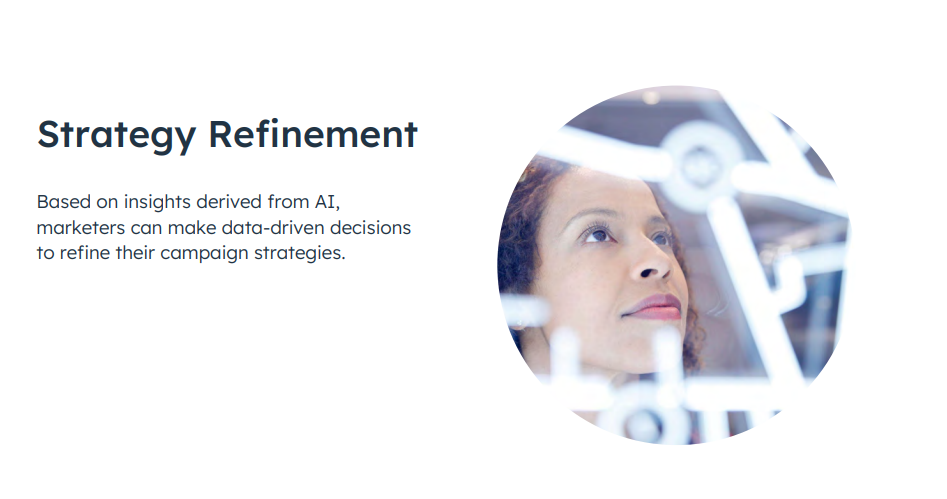
Based on insights derived from AI, marketers can make data-driven decisions to refine their campaign strategies. This could involve adjusting the campaign’s messaging, targeting strategy, channels used, or even the product or service being marketed, based on what the data reveals.
Next, let’s talk about content creation. Leveraging AI enables marketers to optimize and personalize content production for campaigns.
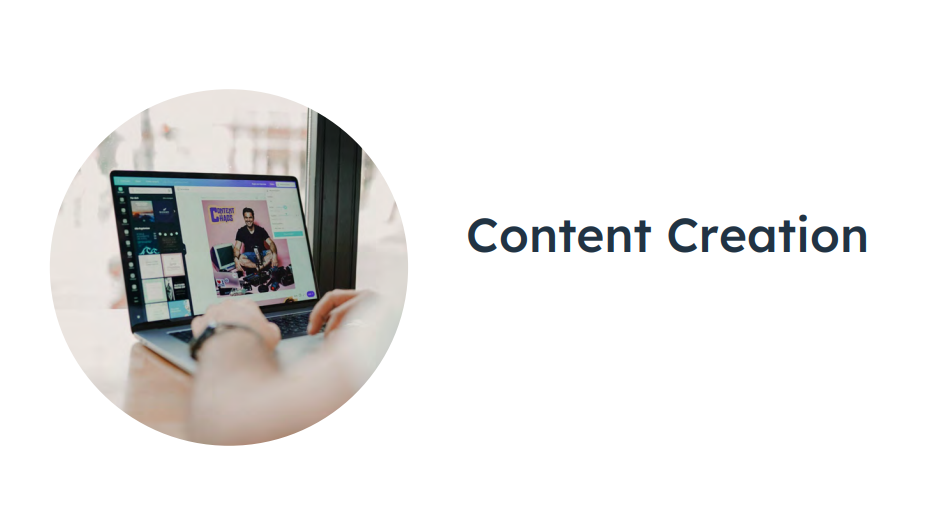
For automated content generation, tools like Jasper.ai, Copy.ai, and Articoolo use natural language processing to transform raw data into draft copy. This provides a starting point that human creators can then refine.
Another powerful approach to personalization is dynamic content assembly. With this technique, customized narratives are built using modular content libraries. Solutions like Adobe Target, Optimizely, and Evergage tap AI to analyze audience data and select the optimal mix of content elements to assemble tailored messaging at scale. HubSpot also provides dynamic content personalization and optimization through its Smart Content tool, which uses machine learning to deliver the most relevant content modules to each visitor.
Persado and Phrasee use AI to generate variations of content language, analyzing emotional performance to recommend high-impact phrasing and word choice. This optimization ensures messaging resonates across diverse audiences.
Sentiment analysis tools like Keatext and AWS Comprehend surface insights from historical content performance to inform data-driven content strategies. AI identifies what themes and formats best engage each audience.
Maximizing Campaign Activation with AI Integration
AI enhances content production through data-driven recommendations, automation, and personalization. Marketers can use these innovations to efficiently generate high volumes of tailored content that aligns to both audience needs and overarching campaign strategies. The combination of human creativity and AI enables truly audience-centric content.
Then we come to campaign activation. AI can optimize various aspects of campaign activation to boost performance. For audience targeting, tools like Persado and Albert analyze customer data to identify and micro-target high-value segments most likely to engage.
AI-enabled bid management platforms from companies like Marin Software and Acquisio automate bidding across platforms, using machine learning to strategically balance budgets.
AI also powers cross-channel orchestration by coordinating messaging and customer interactions across touchpoints for an omnichannel experience. Campaign management platforms integrate AI to automatically adjust campaigns based on performance insights. This reduces repetitive optimizations for marketers while increasing relevance.
AI infusion for targeting, bidding, channel coordination, and automation provides a significant lift in campaign efficiency and effectiveness. AI activation gets the right message to the right audience at the right time, across channels.
With that, we come to performance tracking. AI delivers significant advantages for monitoring and optimizing campaign performance through enhanced analytics and attribution modeling. Tools like Datorama use machine learning techniques to analyze campaign data that identify opportunities for improvement. AI-powered attribution models provide a more accurate understanding of how each touchpoint contributes to conversions, beyond simplistic last-click attribution.
AI enhances performance tracking by automating complex data analysis. The continuous insights unlocked by AI allow marketers to adjust in real time to drive better campaign results. Rather than replacing human strategy, AI augments performance analysis for sharper optimization.
Embracing AI as a Collaborative Tool in Marketing Strategy
Lately CEO Kate Bradley Chernis has one more tip for your campaigns: When it comes to implementing AI in your overall marketing campaigns and strategy, one of the key points that we like to emphasize is to really think about the AI as an assist. Right? So how can you fold it into the fabric of what you’re already doing rather than, you know, whole replacing any total component. It’s not to say that the AI isn’t capable of doing that, but we find that when you’re able to fold it in as a collaborative entity within the work you’re doing, your results will just go from great to truly galactic, which is what you want. So that mindset of really thinking of it, not as a magic wand, but as a team player will in the end get you a much better result.
The possibilities for enhancing marketing campaigns through AI are immense, but AI should be seen as a tool for marketers rather than a replacement. When combined with human creativity and strategic oversight, AI-driven insights, automation, and optimization can take campaign planning, strategy, content, and performance to new heights. By embracing AI as an augmenting force, forward-looking marketers can deliver highly relevant, impactful campaigns that continuously adapt to audiences and markets. Though AI is redefining marketing, human imagination, empathy, and innovation remain irreplaceable at the core.


